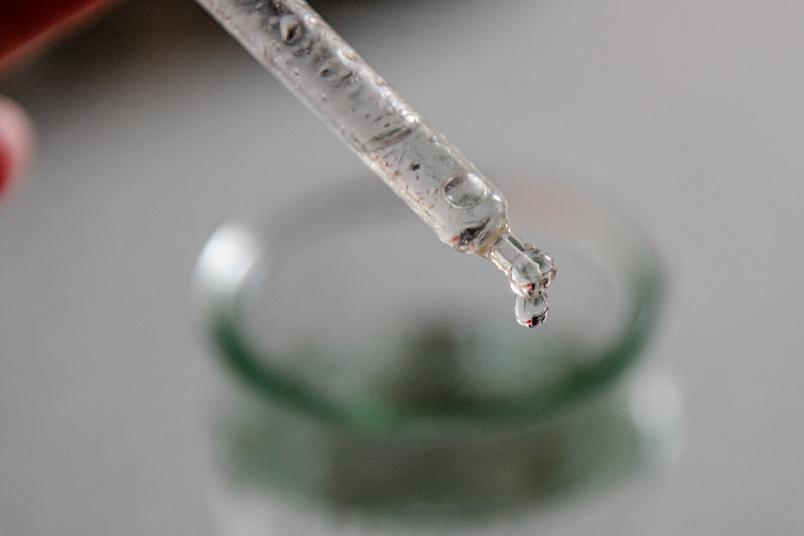
Chemistry
How water helps the substrate into the enzyme
An international research team has investigated water molecules in a tiny cage – and discovered previously unknown properties.
Researchers from Bochum and Berkeley have investigated why cages can increase the catalytic activity of enclosed molecules. Using terahertz spectroscopy and complex computer simulations, they showed that water encapsulated in a tiny cage has special properties – that are structurally and dynamically distinct from any known phase of water. The water forms a droplet inside the cage that facilitates the encapsulation of a host molecule, i.e. to access the catalytic centre. The research team describes the thermodynamic properties of this special form of water, which have never been observed before, in the journal Proceedings of the National Academy of Sciences (PNAS) published online on 14 December 2020.
The team led by Professor Martina Havenith, Head of the Chair of Physical Chemistry II at RUB and Speaker of the Cluster of Excellence Ruhr Explores Solvation, Resolv for short, cooperated during the work with Professor Teresa Head-Gordon, Professor Ken Raymond and Professor Dean Toste from the University of California in Berkeley.